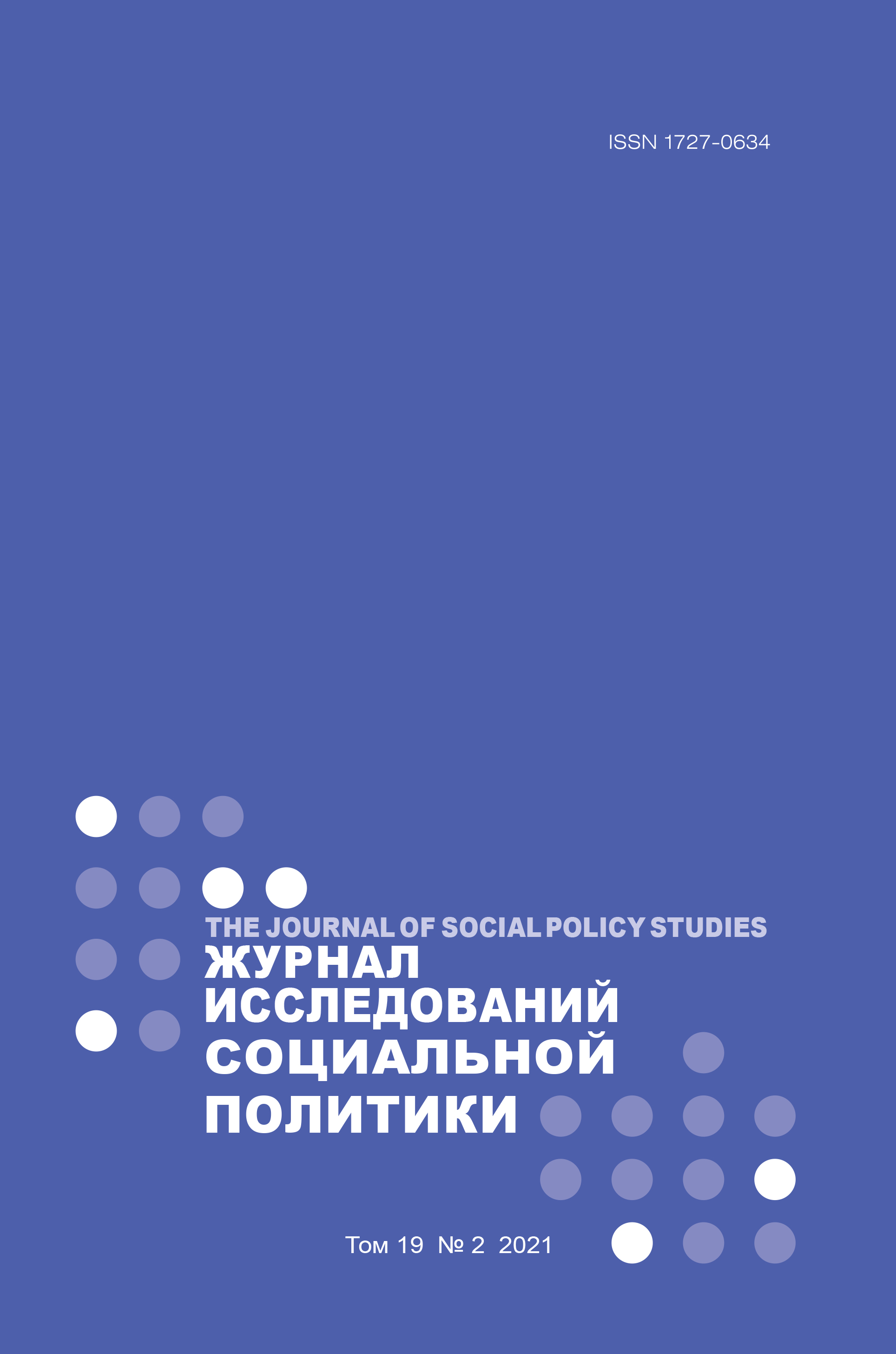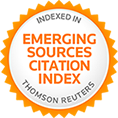Застройщики, партия власти и немного конкуренции в российских миллионниках: типология городских режимов в 2010-е гг.
Аннотация
Взаимодействия ключевых акторов в городах, которое описывают с помощью концепта городского режима – важное структурное условие, определяющее логику городских конфликтов. Классические определения городского режима предполагают наличие широкой локальной автономии, что является базовым условием его формирования. Российские крупные города существуют в авторитарном контексте и сильно зависят от государственной власти. Это сокращает возможности для идентификации специфических городских режимов, существование которых в первую очередь предполагает наличие собственной повестки и реализацию своих политических курсов. Но крупные города сохраняют разнообразие политических, экономических и социальных условий, которые могут служить источниками разнообразия местной политики. В статье мы показываем вариацию городских режимов во всех российских миллионниках (за исключением Москвы и Санкт-Петербурга) и предлагаем их типологию. Мы опираемся на данные о составах городских ассамблей в период с 2012 по 2020 гг., а также на материалы СМИ. Базовая идея типологии – это оценка степени конкуренции политических и экономических групп. Для типологии городских режимов мы используем два критерия: степень фрагментации бизнеса и степень политической конкуренции. В большинстве случаев мы наблюдаем политически неконкурентные режимы с фрагментированным («соревновательный авторитарный порядок») или нефрагментированным бизнесом («закапсулированный режим»), где бизнес преимущественно связан с партией власти. Только в одном случае сохраняется политическая конкуренция при наличии разнообразия бизнес-групп («состязательный режим»), а в ряде случаев политическая конкуренция сочетается доминированием одной бизнес-группы («конфронтационный режим»).















